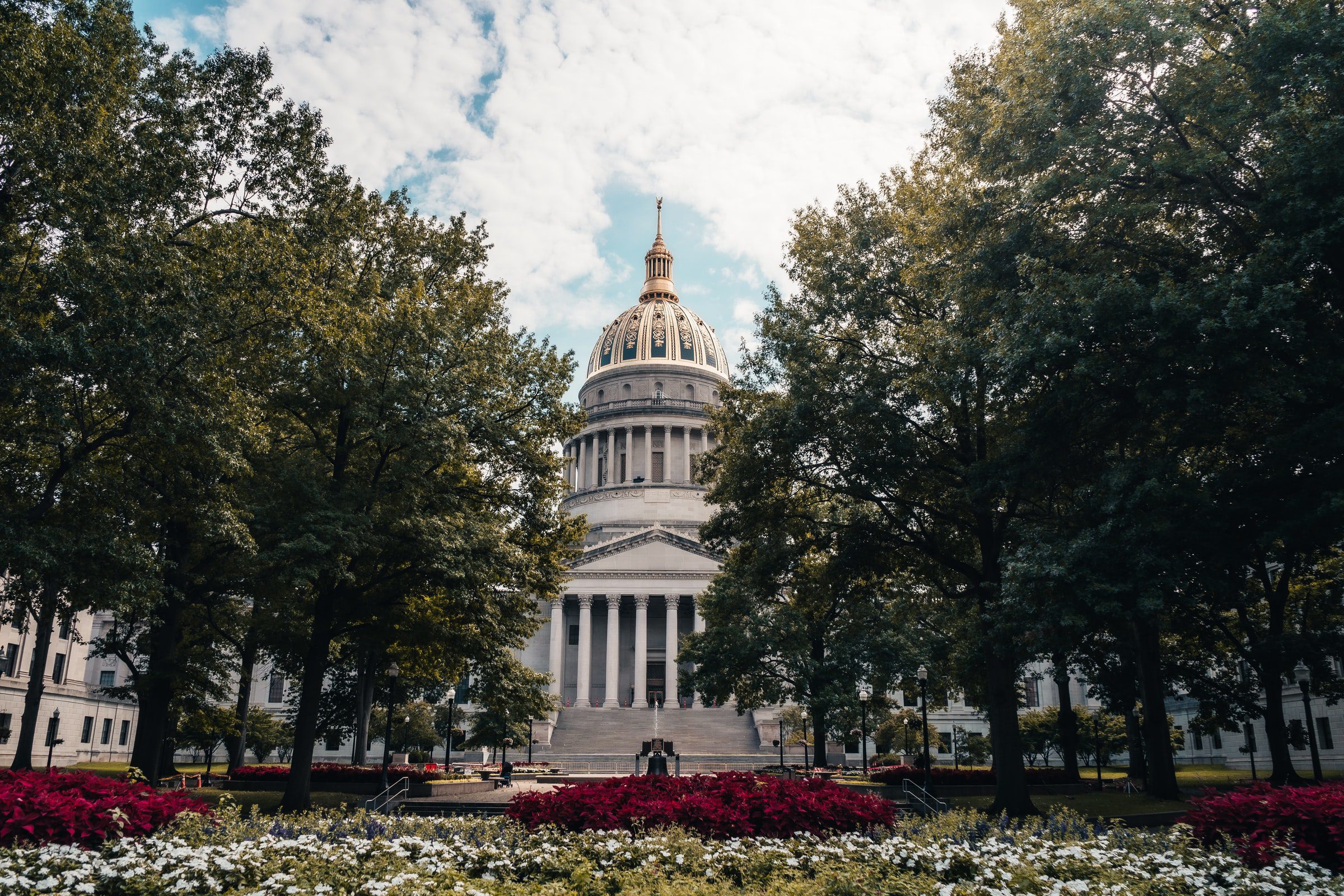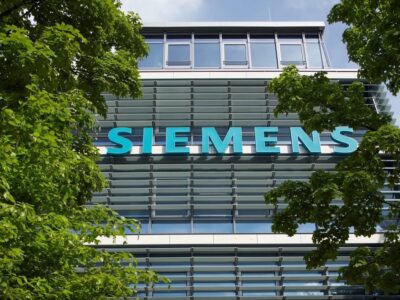As America joins the western world in reducing carbon emissions, the nationwide clean energy transition has posed a challenge for some states that traditionally made up the power-producing sector for the rest of the nation. West Virginia could be considered among that group. It is a top 5 state in terms of total energy output and, as of 2020, accounted for as much as 13 percent of the nation’s coal production.
Like many generational industry shifts, America’s “clean energy transition” has been and will continue to be a messy process in the short term. Once a new, wildly different technology of the future begins to gain some steam, the people who have built their careers around the older commodity or process will increasingly find their skill set obsolete and their jobs non-existent. That’s why as a society it is important for policymakers to prioritize ways to repurpose workers’ skills in a way more compatible with the demands of the modern era.
One way to go about this is by encouraging renewable investment, and it looks like West Virginia is doing just that. Senator Joe Manchin recently announced the construction of a new factory to produce batteries to be used in electric vehicles. The announcement marks a turning point for the longtime coal producer to now lead the way as a state that welcomes clean energy companies of all kinds.
The plant will build batteries for electric vehicle startup SPARKZ and is expected to be operational by the end of the year. The company, founded in 2019 by Sanjiv Malhotra, will mainly be using batteries for manufacturing utility vehicles like forklifts and agricultural equipment. As a bonus, SPARKZ pledges to produce its batteries without the use of cobalt, which helps reduce government over-spending.
The SPARKZ plant is expected to create a total of 350 jobs for West Virginians. Additionally, SPARKZ is partnering with the United Mine Workers of America in the job search to fill as many of the 350 roles as possible with displaced former mineworkers from within the state. This gives the hard-working residents of the state another opportunity to earn a good-paying job. “In the past, we’ve spent a lot of money retraining workers to go out of state to do other jobs,” says Brian Sanson, UMWA International Secretary-Treasurer. Now, those workers will be able to use the resources spent on training to help the state they call home.





